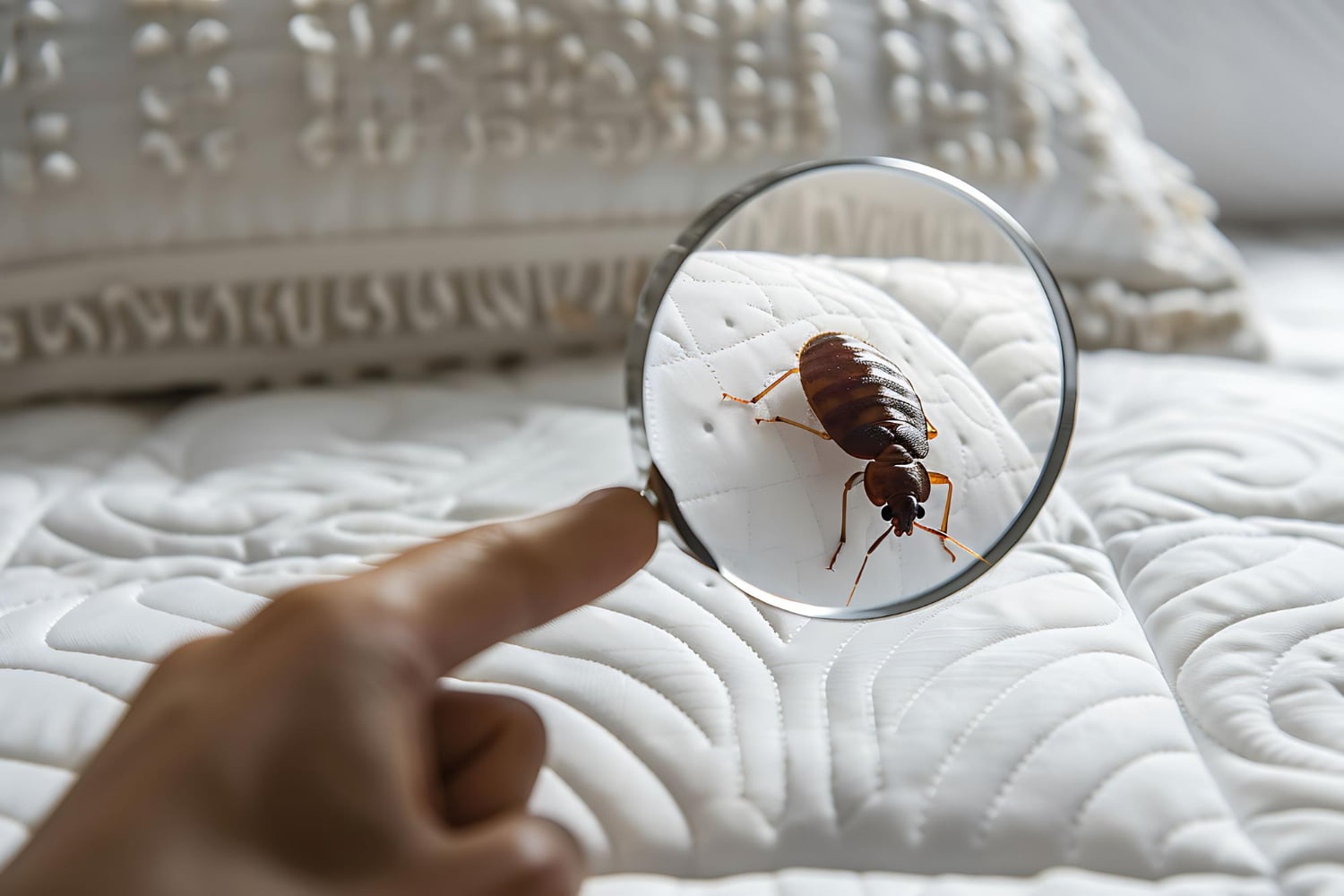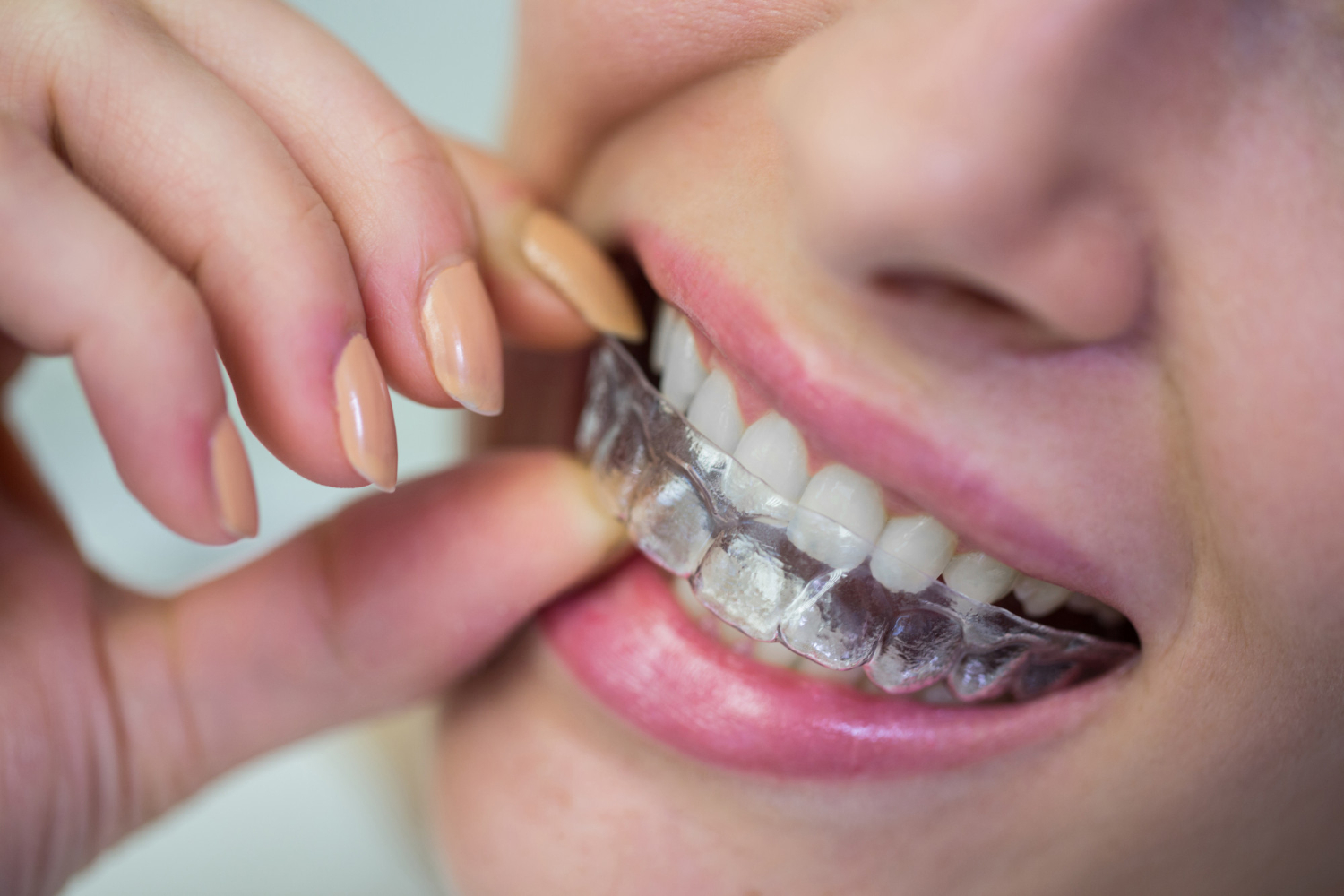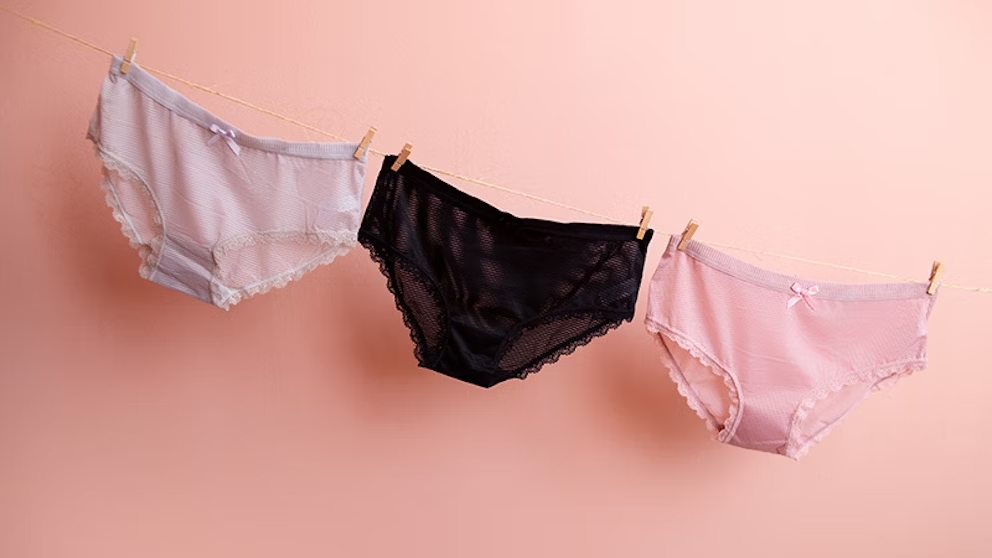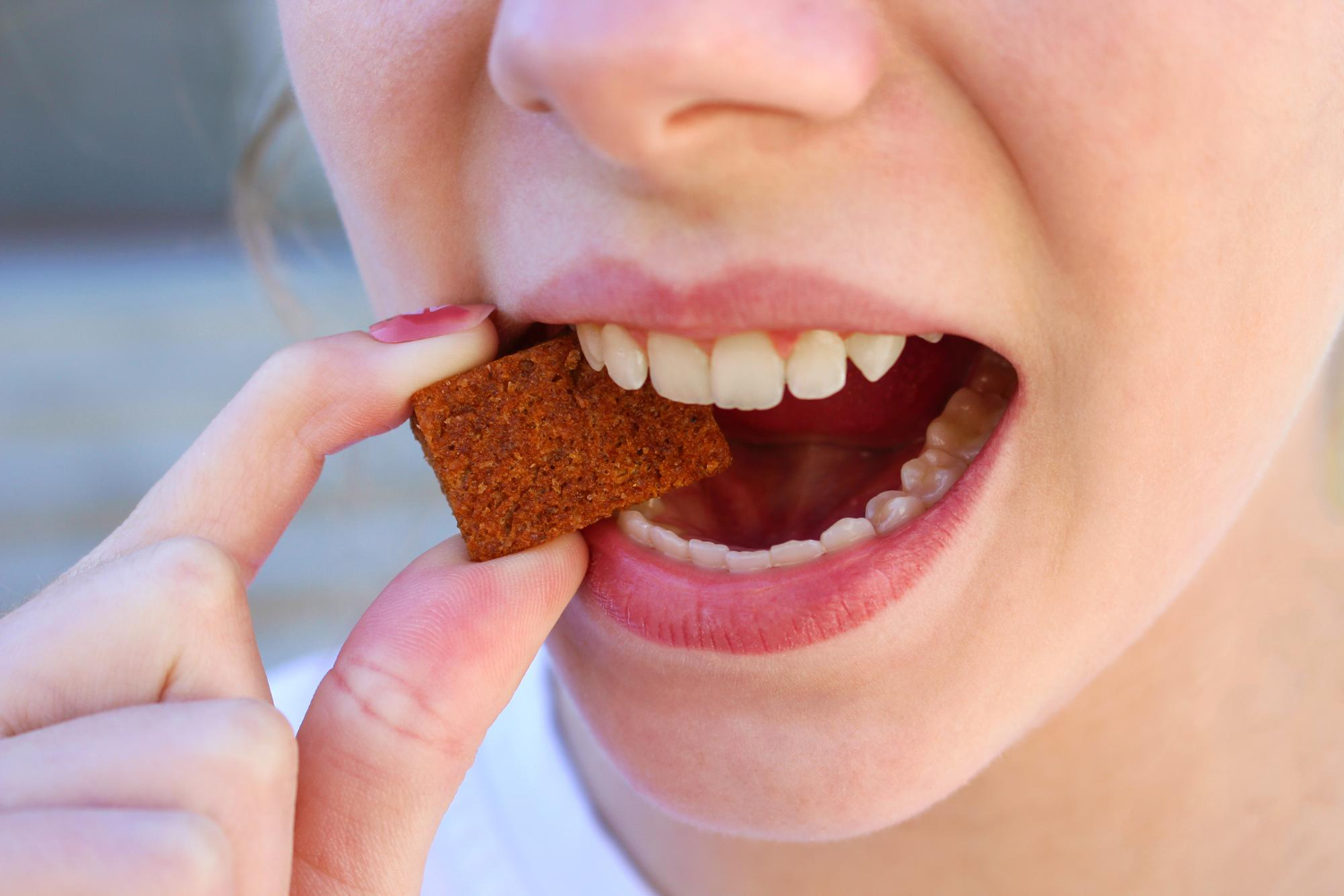Flea infestations can be a nightmare for any homeowner. These pesky parasites are not only irritating but also pose significant health risks to both humans and pets. For pet owners, the sight of their furry friends scratching incessantly can be heart-wrenching.
Fleas are difficult to eliminate, and finding an effective solution is crucial. One product that often comes up in discussions is Lysol. But can Lysol kill fleas?
In this article, we’ll explore this question in depth and provide practical steps and alternatives for dealing with these resilient pests.
Table of Contents
ToggleUnderstanding Fleas
What Are Fleas?
Fleas are small, wingless insects that feed on the blood of mammals and birds. They are known for their incredible jumping abilities, which allow them to move quickly from one host to another.
Description and Lifecycle
- Fleas are typically 1.5 to 3.3 mm long, making them hard to spot.
- Their life cycle includes four stages—egg, larva, pupa, and adult.
- Adult fleas can lay hundreds of eggs within a few days, leading to rapid infestations.
Common Signs of Flea Infestation
- Pets scratching or biting their fur excessively.
- Small black or brown specks (flea dirt) on pet bedding or fur.
- Red, irritated skin on pets and bite marks on human ankles or legs.
Health Risks Associated with Fleas
- Flea bites can cause allergic reactions and severe itching.
- Fleas can transmit diseases like typhus and tapeworms to both humans and pets.
Can Lysol Kill Fleas?
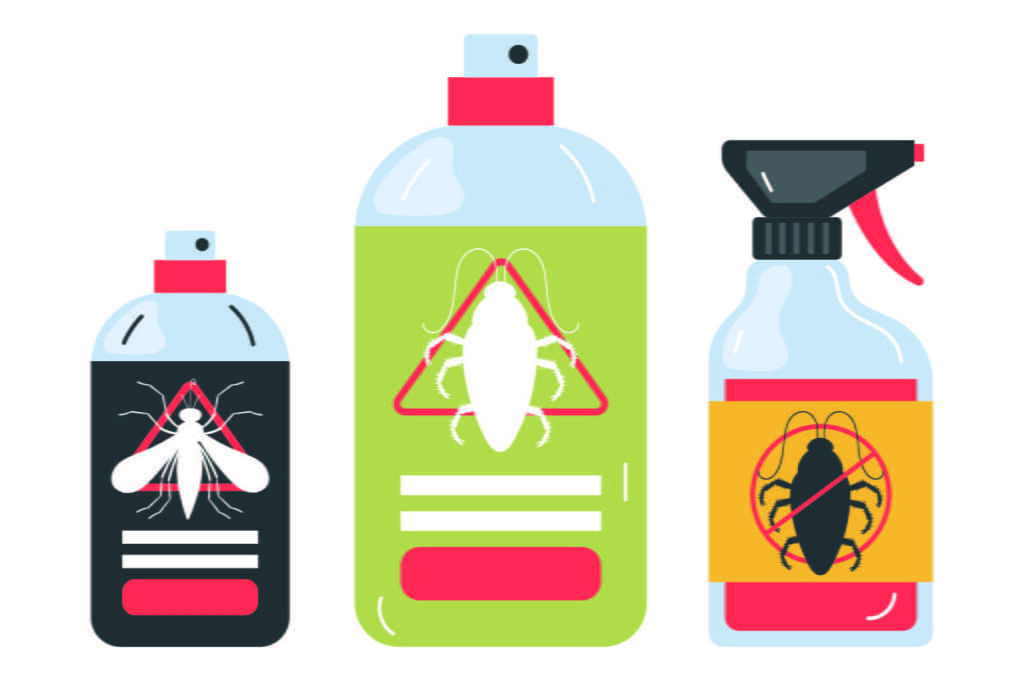
Does Lysol Work Against Fleas?
Lysol is a popular household disinfectant known for killing bacteria and viruses. But when it comes to fleas, its effectiveness is less straightforward.
Active Ingredients of Lysol
- Lysol contains ethanol and other cleaning agents that can disrupt the cell walls of bacteria and viruses.
- These ingredients may harm fleas but are not specifically designed to kill them.
How Lysol Works as a Disinfectant
- Lysol works by breaking down the protective layers of microorganisms, leading to their death.
- This mechanism is effective against germs but may not be sufficient for flea infestations.
Studies and Trials
- There is limited scientific evidence to support Lysol as an effective flea-killing agent.
- Anecdotal reports suggest it may kill some fleas on contact, but it’s not a reliable or comprehensive solution.
Practical Considerations and Limitations
- Lysol may kill fleas on surfaces it directly contacts but will not reach hidden areas where fleas and their eggs reside.
- Overuse of Lysol can lead to toxic exposure for pets and humans, making it a less desirable option.
- It’s best to consider Lysol as a supplementary measure rather than a primary flea control solution.
How to Use Lysol to Kill Fleas
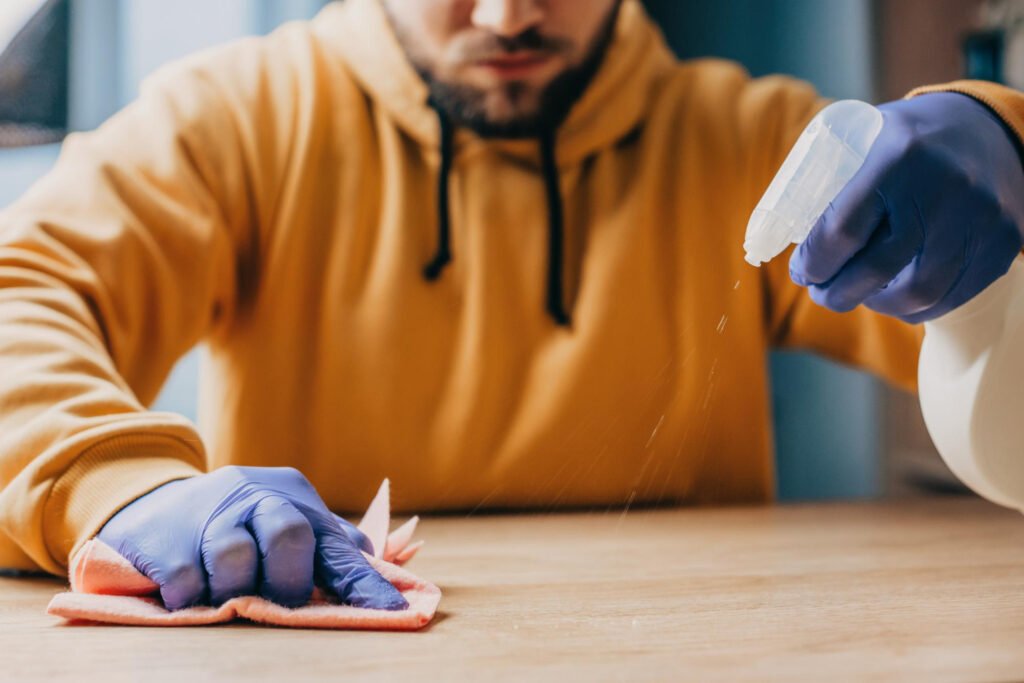
Step-by-Step Guide
If you still want to try using Lysol to combat fleas, here’s how to do it safely:
1. Identify Infested Areas
- Focus on areas where your pets spend most of their time, such as their bedding, carpets, and furniture.
2. Apply Lysol
- Lightly spray Lysol on these surfaces, ensuring even coverage.
- Avoid soaking the areas, as excessive moisture can damage fabrics and pose health risks.
3. Allow Time to Dry
- Leave the Lysol to air dry, which helps to kill any fleas on contact.
- Keep pets and children away from treated areas until fully dry.
Safety Precautions
- Always use Lysol in a well-ventilated area to avoid inhaling fumes.
- Wear gloves and protective clothing to prevent skin irritation.
- Do not use Lysol directly on pets or their skin.
Areas to Target
Pet Bedding
Frequently wash pet bedding in hot water and treat it with Lysol between washes.
Carpets
Vacuum carpets thoroughly before applying Lysol to remove as many fleas and eggs as possible.
Furniture
Focus on upholstered furniture and fabric surfaces where fleas may hide.
Alternative Solutions to Kill Fleas
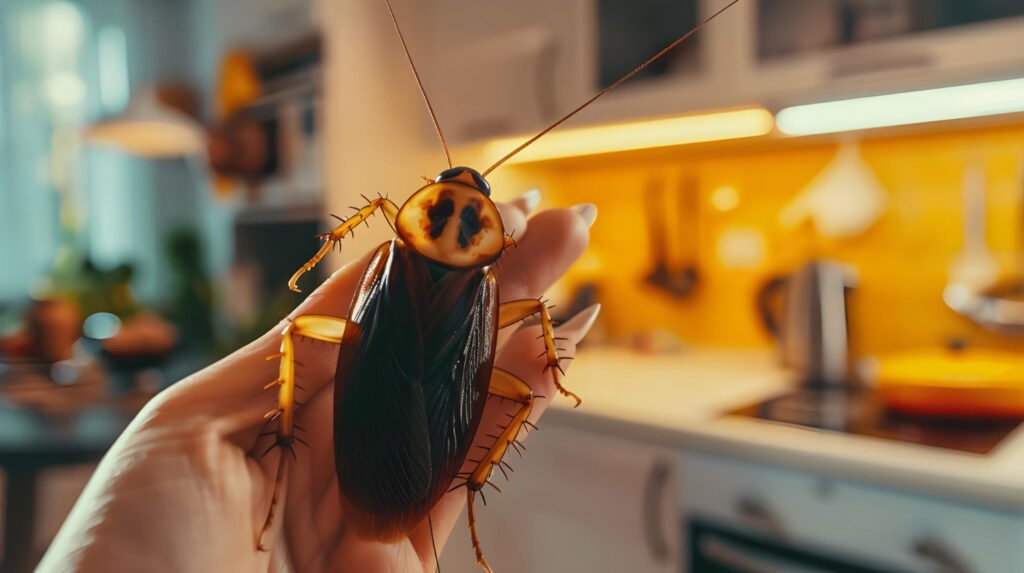
Lysol might not be practical or effective for everyone. Fortunately, there are several other options to consider:
Natural Remedies
Diatomaceous Earth
A natural powder that dehydrates and kills fleas. Sprinkle it on carpets and pet bedding.
Essential Oils
Oils like lavender, peppermint, and eucalyptus can repel fleas. Mix with water and spray on affected areas.
Over-the-Counter Flea Treatments
Flea Sprays
Products like Vet’s Best Flea Spray use natural ingredients to kill fleas on contact.
Flea Collars and Topical Treatments
Collars like Seresto and topical treatments like Frontline provide long-lasting protection for pets.
Professional Pest Control
Hiring a pest control professional can ensure thorough treatment of your home, targeting both adult fleas and their eggs.
Preventing Future Flea Infestations

Prevention is always better than cure. Here’s how to keep your home flea-free:
Regular Cleaning Routines
- Vacuum carpets, rugs, and furniture regularly to remove fleas and their eggs.
- Wash pet bedding and toys frequently in hot water.
Pet Hygiene and Preventative Treatments
- Bathe and groom pets regularly with flea shampoos.
- Use preventative flea treatments like collars, oral medications, or topical solutions.
Yard and Home Maintenance
- Keep your yard clean and free of debris where fleas can hide.
- Use outdoor flea control products to treat your lawn and garden.
Conclusion
In summary, while Lysol may help kill some fleas on contact, it’s not the most effective or practical solution for dealing with a full-blown flea infestation.
There are numerous other methods, ranging from natural remedies to professional pest control, that can provide more reliable results.
Prevention is just as important as treatment, so maintaining regular cleaning routines and using preventative measures for your pets and home is crucial.
If you’re dealing with a flea problem or want to learn more about preventing infestations, consider exploring the methods mentioned above.
Your furry friends—and your peace of mind—will thank you. For more tips and insights on keeping your home pest-free, check out our other articles and guides.
FAQs
Will spray Lysol kill fleas?
Lysol may kill some fleas on contact, but it’s not a comprehensive solution for flea infestations.
What can I spray around my house to kill fleas?
Effective flea sprays include natural remedies like diatomaceous earth and commercial products like Vet’s Best Flea Spray.
Can fleas survive disinfectant?
Fleas can survive some disinfectants, including Lysol, especially in hidden areas where the spray may not reach.
What can kill fleas instantly?
Products like flea foggers, diatomaceous earth, and certain topical treatments are known for their immediate effectiveness against fleas.
What are the signs of a flea infestation?
Common indicators include pets scratching excessively, flea dirt on pets or bedding, and visible bite marks on humans.
How often should I treat my home for fleas?
Regular treatments every few months, combined with ongoing preventative measures, are recommended to keep fleas at bay.

